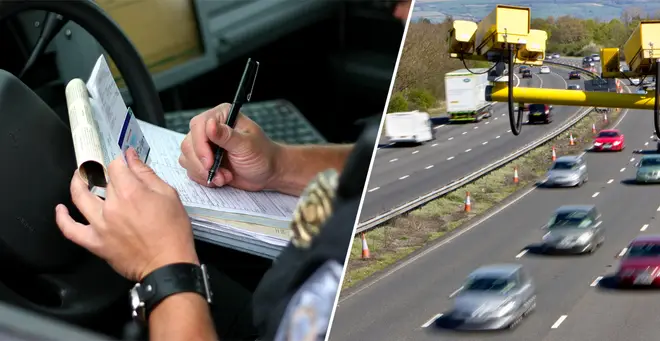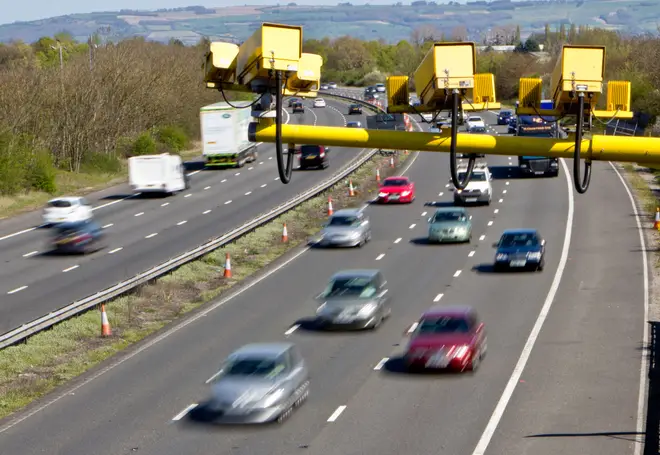On Air Now
Heart Breakfast with JK and Amanda Holden 6:30am - 10am
11 September 2019, 13:01 | Updated: 11 September 2019, 13:16

A man has admitted to spending £30,000 of his life savings trying to fight a £100 speeding fine.
A retired dad has hit the headlines after using up his son's £30,000 inheritance fund fighting a lengthy court battle over a £100 speeding fine.
Richard Keedwall, 71, argued he was wrongly caught doing 35mph in a 30mph zone on a day trip to Worcester in 2016.
But after a three-year legal battle, he’s blamed a ‘seriously flawed’ legal system for costing him his life savings.
Former engineer Richard, who lives in Bristol, said he was “very surprised” when he got a letter from the NIP [Notice of Intended Prosecution].
"I really could not believe that I had been speeding. It made a simple day out turn very sour actually," he said.

According to the BBC, the Crown Prosecution Service (CPS) said the case involved a ‘multiplicity of issues’ which meant it took a long time to process.
Read More: Dad steps in to fly plane to Spain after original pilot delay
Richard had to take four trips to Worcester Magistrates’ Court before his appeal against the fine was heard.
Going to great lengths to prove his innocence, he even recruited the help of a video and electronics expert who told the court the speed camera may have been triggered by a car in an adjacent lane or could have been faulty.
Read More: Harper Beckham shocks fans as she reveals her favourite outfit of dad David's
Despite his best efforts, Richard lost his case and then decided to take his appeal to the crown court last month.
Richard said he didn’t expect the case to last so long and has spent the ‘best part of £30,000′ since 2016, including about £21,000 in barristers' fees and £7,000 in court costs, as well as travel expenses.
He said: “I’m sick and tired at the whole system which is steamrolling ordinary people.
“I regret the amount of money. I very simply wanted justice.”
A CPS spokesman has since said issues raised by the defence meant additional hearings had to take place.
They said: “As the case involved both a lengthy trial at the magistrates’ court and subsequent hearings at the crown court to progress an appeal against conviction, the overall length of the case took some time to conclude.”